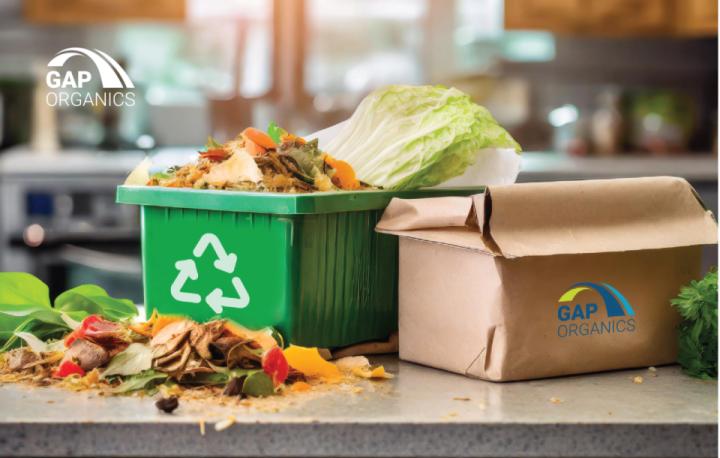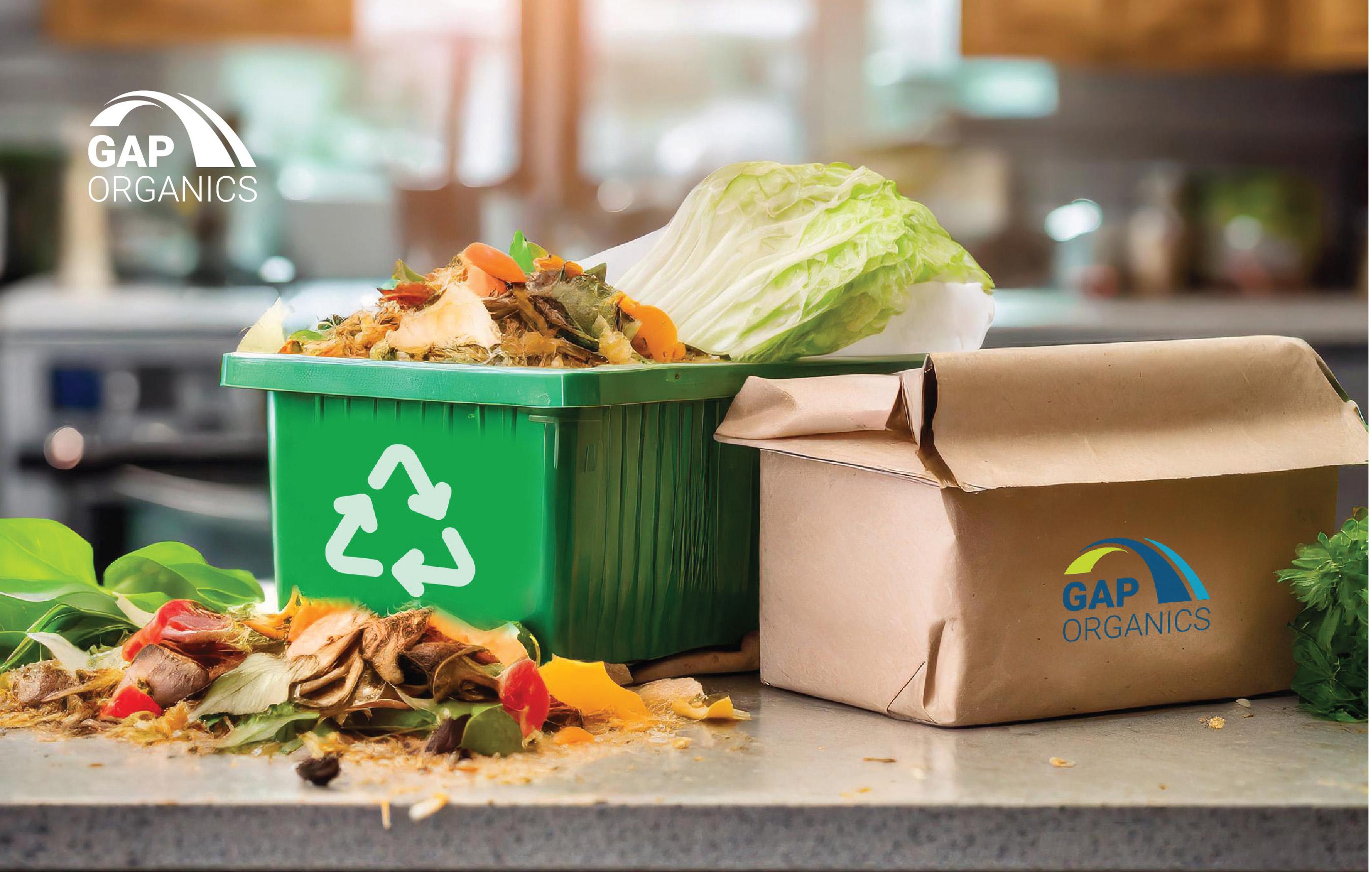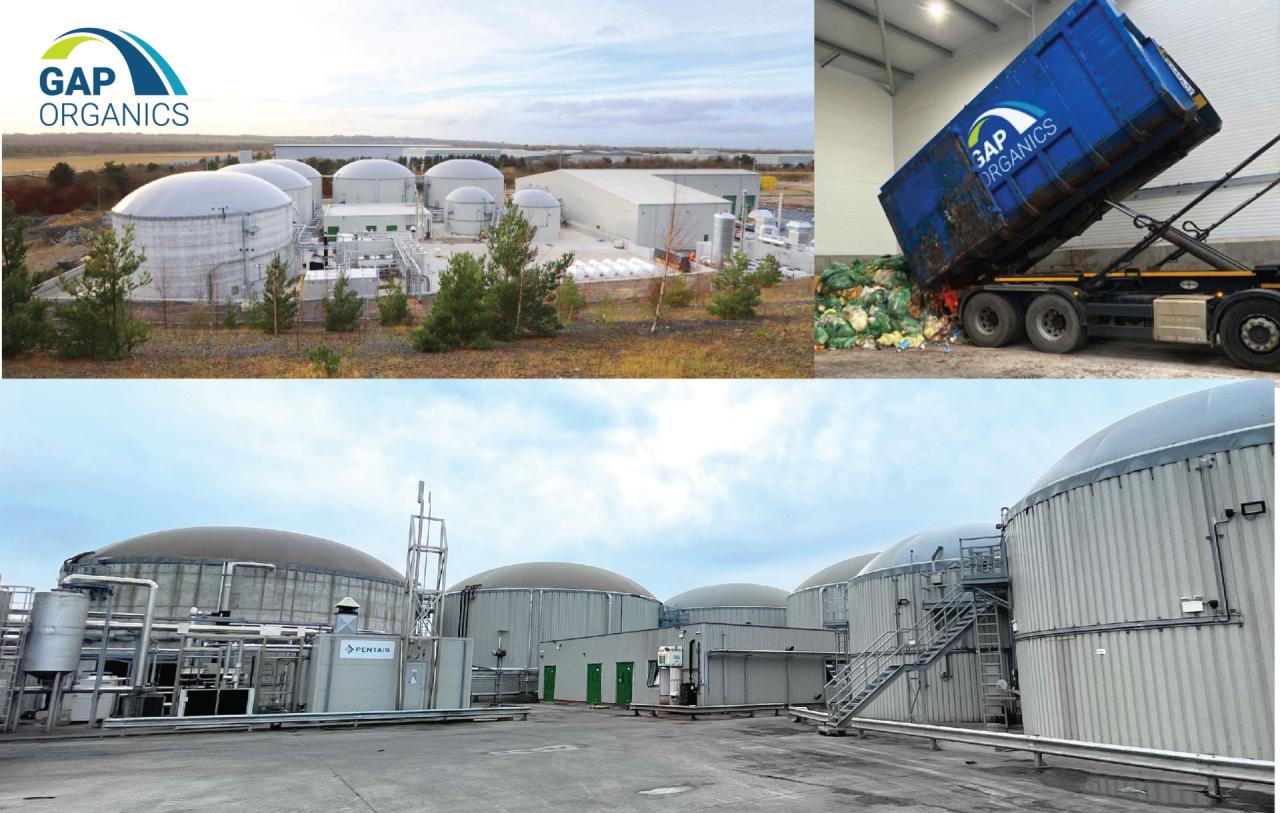Why Food Recycling is important...
Recycling food is an essential practice that benefits not only the environment but also your wallet. At GAP Organics, we believe that every scrap of food has value—whether it’s repurposed into a delicious meal or recycled with us. Let’s explore recycling food can be practical and innovative, and reducing waste means a more sustainable future for us all.
Food waste is a global issue, with billions of tons ending up in landfills each year. This waste contributes significantly to greenhouse gas emissions, making it a major environmental concern (1). For businesses in the food industry, such as restaurants, hotels, and schools, managing food waste efficiently is both a responsibility and an opportunity to make a positive impact. Globally, about one-third of all food produced is wasted (2). This staggering statistic has severe environmental impacts. By recycling food, we can conserve resources and create a more sustainable food system. Certain types of food waste can also be processed to produce biogas, a renewable energy source that helps reduce reliance on fossil fuels (3).
Ways to Recycle...
1. Creative cooking: Turning Waste into Nutrients
One of the most effective ways to recycle food is through is creatively using leftovers. Using overlooked parts of your ingredients, not only minimise organic waste, but saving scraps and peels of ingredients such as onion skins, carrot tops, and celery leaves can make a flavourful vegetable broth. Citrus peels can also be used infuse water.
2. Sharing & Storing Food Correctly.
Learning the best ways to store different types of food and understanding expiration dates, will extend produce shelf life and minimise waste, however if you have more food than you can consume, consider sharing it with others. Many communities have food-sharing initiatives that ensures that your surplus food goes to those who are most in need. Sharing food is a powerful way to combat hunger and build stronger communities.
3. GAP Organic Waste Solutions
In a world where food waste is a growing concern, our food waste bins and collection services are designed to make food recycling easy, efficient, and impactful. GAP Organics are committed to helping businesses, and individuals, recycle food waste effectively and our services are tailored to meet the needs of various industries, ensuring that food waste is transformed into something valuable rather than simply discarded. We offer a range of food waste bins that are perfect for any setting—whether it’s a bustling restaurant kitchen, a large hotel, or a school cafeteria. Our bins are made from high-quality materials, easy to clean and designed to be durable and hygienic, ensuring a sanitary environment. Whether you need small countertop bins or large collection units, we have options to suit every space and volume requirement.
Start Recycling Food with GAP Organics!
With GAP Organics, you can transform what might otherwise be discarded into something valuable. Whether you’re a restaurant, hotel or school looking to make a difference, GAP’s food waste bins and collection service are the tools to help you recycle food waste efficiently and sustainably. We’re committed to helping you on your journey toward zero waste and together, we can create a greener future—one meal at a time.
References:
1. https://ourworldindata.org/food-waste-emissions
2. https://www.fao.org/4/mb060e/mb060e.pdf

 Navigate the GAP Group
Navigate the GAP Group



